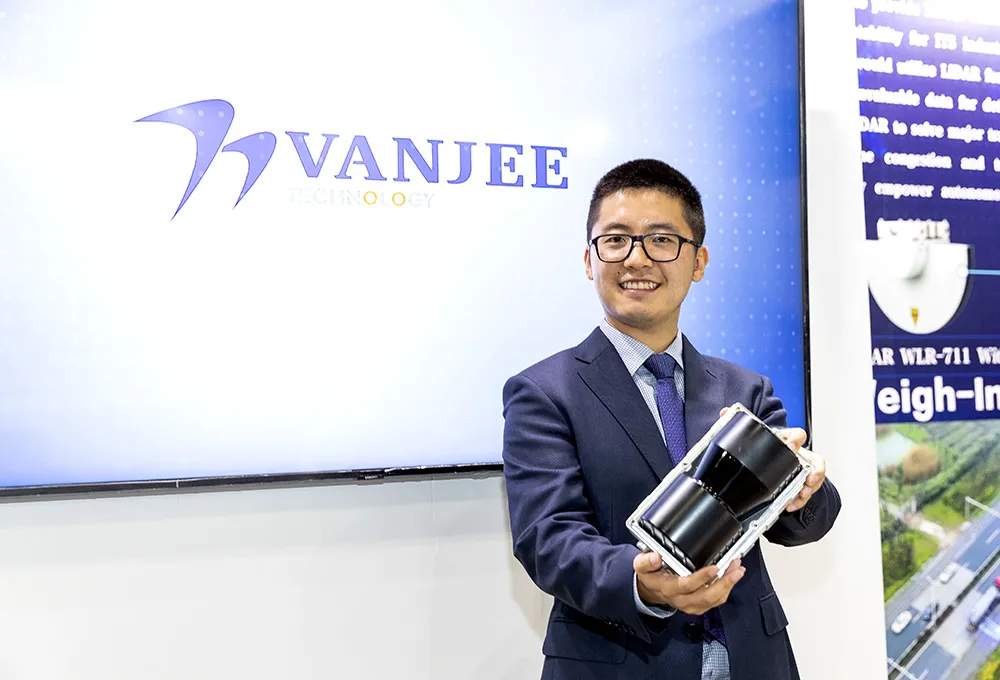The University of Tokyo and Mazda Motor Corporation have jointly developed a system involving wireless communications technology to prevent collisions between cars and streetcars (or trams).
The system’s car-mounted sensors can detect signals from a streetcar up to 100 metres away, in contrast with the current range of just a few dozen metres for conventional sensors on cars. The new system is designed to prevent collisions between vehicles and oncoming streetcars by allowing their position and direction
September 5, 2013
Read time: 1 min
The 5315 University of Tokyo and 1844 Mazda Motor Corporation have jointly developed a system involving wireless communications technology to prevent collisions between cars and streetcars (or trams).
The system’s car-mounted sensors can detect signals from a streetcar up to 100 metres away, in contrast with the current range of just a few dozen metres for conventional sensors on cars. The new system is designed to prevent collisions between vehicles and oncoming streetcars by allowing their position and direction to be automatically monitored, according to the university.
The experimental ASV-5 version of Mazda’s Atenza sedan will be deployed for trials in Hiroshima. Streetcars, which are used by around 150,000 people per day in Hiroshima, form an essential part of the city’s public transportation system.
The system’s car-mounted sensors can detect signals from a streetcar up to 100 metres away, in contrast with the current range of just a few dozen metres for conventional sensors on cars. The new system is designed to prevent collisions between vehicles and oncoming streetcars by allowing their position and direction to be automatically monitored, according to the university.
The experimental ASV-5 version of Mazda’s Atenza sedan will be deployed for trials in Hiroshima. Streetcars, which are used by around 150,000 people per day in Hiroshima, form an essential part of the city’s public transportation system.








